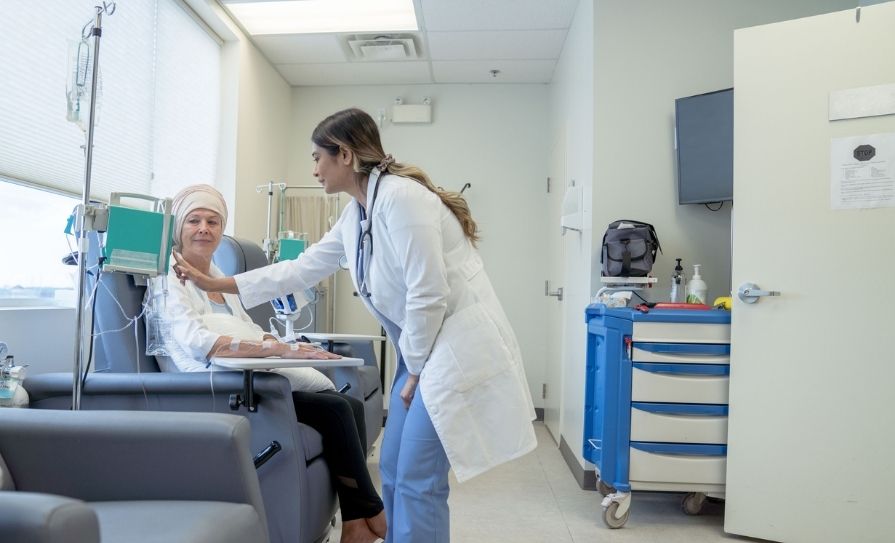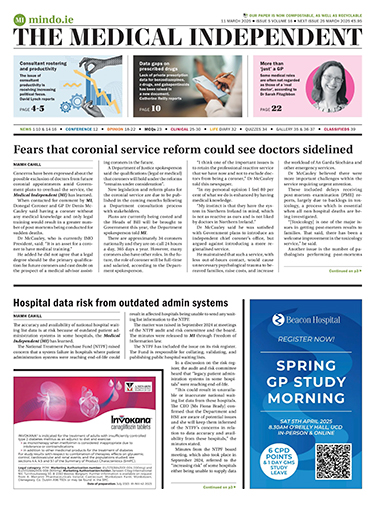University of Limerick medical student Ms Margaret Vincent, presenting details of an audit of attitudes towards smoking on a hospital campus, said STGH officially became a smoke-free campus in 2014.
“Since then there has been a clear, identifiable lack of compliance to those rules on the hospital grounds and even sometimes inside the hospital,” said Ms Vincent, who became involved in the audit during her medical rotation at the hospital.
There was a need to enforce the smoking ban more strictly, as many people continued to smoke cigarettes, cigars and e-cigarettes on hospital grounds, the authors of the study outlined.
The study aimed to assess the public’s attitude to smoking on the hospital campus by conducting interviews over a one-day period, targeting patients and visitors seen smoking on the hospital foreground. They interviewed 25 people, 18 of whom (72 per cent) were patients and seven (28 per cent) were visitors.
Despite the signage throughout the hospital, 80 per cent said they did not know the STGH campus was smoke-free. The study also identified confusion as to the meaning of the term ‘smoke-free campus’.
In terms of solutions, there was a need for improvement in the signage at the hospital. Signs saying that a hospital was a ‘tobacco-free campus’ left room for misinterpretation, especially since the emergence of e-cigarettes. The authors felt the public required further education on the facts relating to second-hand smoke and its impact on others.
On foot of the audit, STGH was undertaking measures to improve awareness of its smoke-free campus status and thereby improve compliance. Using ongoing education and a multimedia campaign it aimed to be 100 per cent smoke-free by 2020.
Meanwhile, there are a lot of benefits to using lung clearance index (LCI) as an outcome in clinical trials in children with cystic fibrosis (CF), the ITS Paediatric Forum was told.
Prof Jane Davies, Professor in Paediatric Respirology and Experimental Medicine at the National Heart and Lung Institute, Imperial College London gave a talk on clinical trials in children with CF at the forum, which was held during the annual meeting in November. She said the LCI was more sensitive in early disease.
“It’s probably more sensitive to small improvements. But one of the problems is convincing people what that small improvement means. We don’t yet know what the minimal clinically important difference is, we don’t know whether it’s different for young children than it is for older patients,” Prof Davis said.
It was also not known whether it differed in acute versus chronic situations.
“I do think we need to do more work on that,” she said.
However, the LCI was not effort dependent, reference ranges were not needed and it did give additional information on other outcome measures.












Leave a Reply
You must be logged in to post a comment.